The pandemic changed many things. Questions of social coexistence suddenly had to be negotiated anew or differently and with increased urgency. One of these questions was about urban space and how people can come together safely despite the virus and closed indoor spaces.
A CITY FOR ALL
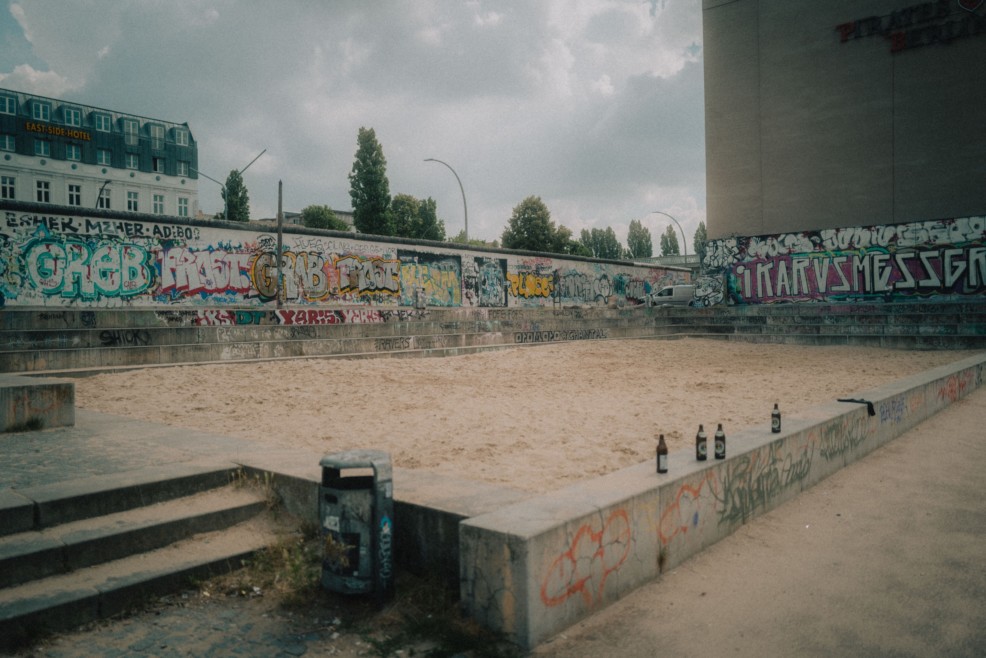
How can open spaces be used? © Maximilian Zahn
There have long been conflicts of interest between residents and investors over space in Berlin. Spaces for art and culture are also a recurring topic, sometimes leading to heated discussions between the city administration and the scene. The pandemic and the measures to combat it have brought the use of open spaces increasingly into the conversation, so that the Council for the Arts and its Urbane Praxis corporation 2020 launched the Initiative Urbane Praxis, which should further develop existing projects and open up new spaces.
Therefore, the Urbane Praxis Initiative bundles the expertise of Berlin’s creative professionals from the fields of art, culture, architecture and socioculture to develop and test experimental and artistic urban space projects at 12 locations “that give concrete form to the claim ‘city for all’.” We had the initiative’s project office explain this in more detail.
The initiative was launched in 2020 by the Council for the Arts during the pandemic. What was its objective when was it founded?
Urbane Praxis project office: Urbane Praxis aims to try out new things, often in little-known or forgotten places. The short- and medium-term goals of the Urbane Praxis Initiative were to support artists beyond the critical phase of the pandemic. We also advocated for the opening and collaborative use of urban reserves for the safe gathering of residents. In the long term, the initiative aims to anchor urban practice structurally in such a way that different actors develop perspectives for a city oriented towards the common good in their innovative ways of working and responding to major challenges such as climate change and gentrification.
“The urban is the diverse and the common.”
The project is also about how urbanity can enable space for art, creativity and negotiation/discourse under conditions of a pandemic. How much was the project itself constrained by the measures?
Project Office Urban Practice: The far-reaching Corona Lockdown restrictions also hit the work of our campuses and urban labs hard. Due to the restrictions, these sites had to greatly reduce their activities, which delayed the construction of the facilities. We have spoken out about the indiscriminate bans on arts and culture in the Infection Control Act in an open letter. Nevertheless, since last fall, the practitioners have used their skills of improvisation and have built and continued to build many things, as well as developing suitable offers, setting up programs and starting cooperations. Therefore, now that it is allowed again, we are able to invite a wider audience to our events, joint site explorations and workshops.
OVERCOMING DISCIPLINARY THOUGHT PATTERNS
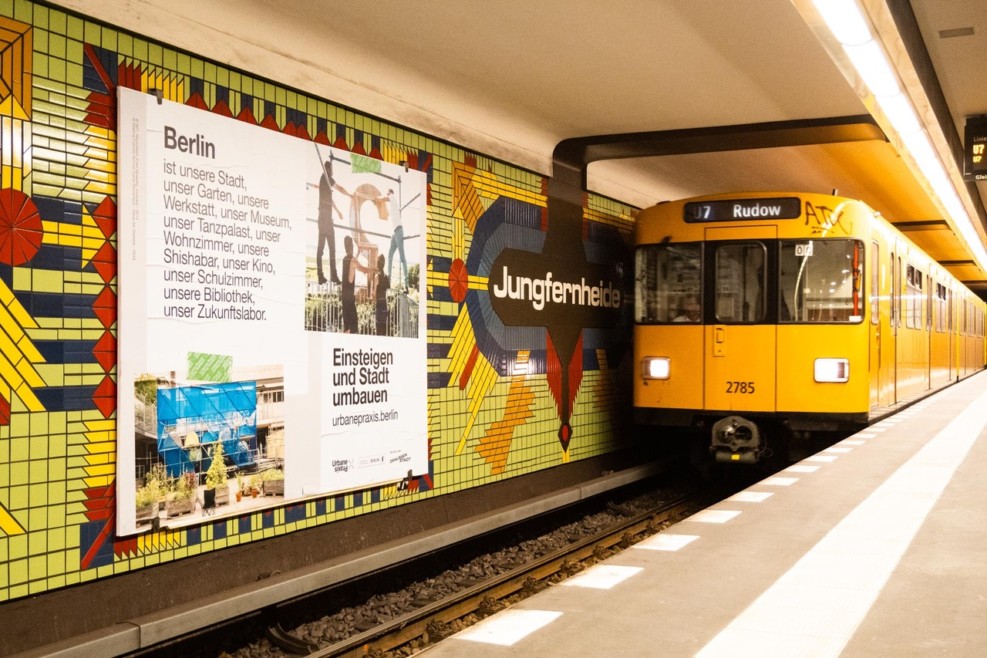
Poster campaign of the Urban Practice Initiative © Luis Krummenacher.
Cities need to be pragmatic. How can urban planning learn from art and creative practitioners?
Project Office Urbane Praxis: The key words here are cross-disciplinary collaboration: Urbane Praxis connects the arts with other fields, overcomes disciplinary thought patterns and acts in an explicitly non-disciplinary way, because the urban is the diverse and the common. In doing so, it integrates artistic strategies from the traditional fields of architecture, visual arts, performing arts, dance, literature, film, and many more, because it is not interested in demarcation, but in the potentials of interconnection. The arts often take a leading role in urban practice, asking questions in new and different ways, exploring context in novel ways. They bring together different spheres of civil society. Urban practice can thus also raise questions that affect urban processes and test cross-disciplinary solutions to challenges of a common good city of tomorrow. More and regular exchange between urban planners and arts and culture practitioners is needed to promote knowledge transfer and mutual learning.
How does the communication with Berlin politics and administration work within the framework of the project?
Urbane Praxis project office: In cooperation with the Urbane Praxis working group, the Urbane Praxis project office creates opportunities for dialogue with the administration and politicians: working meetings with the state secretaries from the various departments, excursions to the initiative’s sites, round tables with practitioners, and expert discussions. Personal relationships are forged, relationships of trust are built. For example, we are currently planning a panel at the Open Space Conference, initiated by the Club Commission, which will take place in August.
“Personal relationships are forged, relationships of trust are built.”
How can creative professionals get involved in the projects?
Project Office Urban Practice: Basically, our campuses and urban labs are open to the neighborhood and we are happy for people to come by and share their ideas and projects or just join in. Depending on the location, the practitioners work differently, but always across disciplines and departments. Some initiative partners, like Berlin Mondiale, have an extended network of arts and culture practitioners who are invited to participate. In other cases, such as Floating e.V., there are also open calls. In addition, collaboration requests can be made to the Urbane Praxis project office to discuss participation in our extended network.
The initiative will run until the end of the year. Can you give an interim assessment?
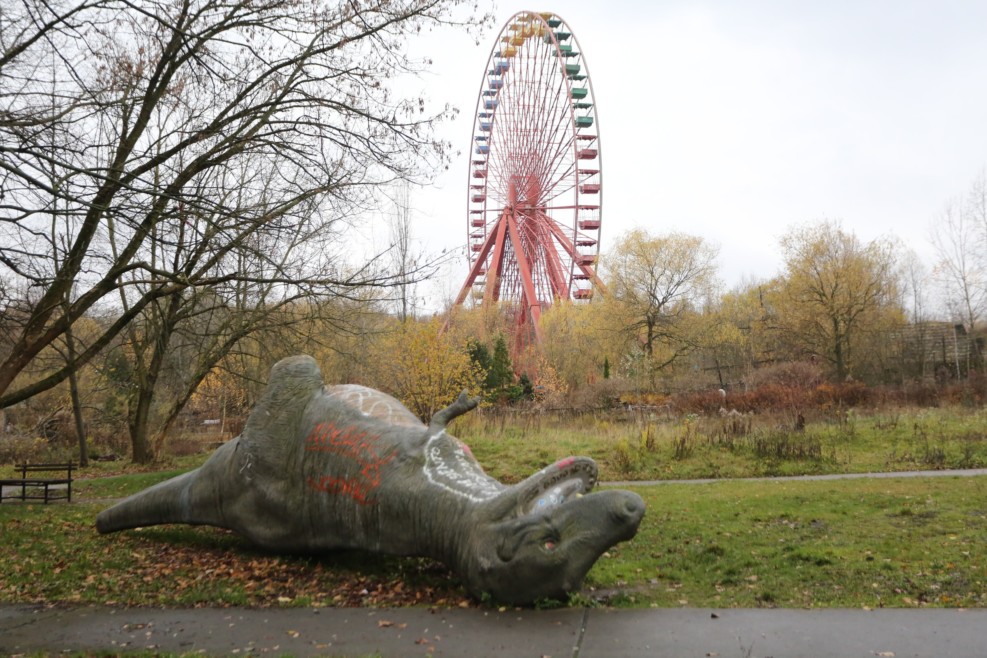
In Berlin’s Spree Park, there is a cooperation with the Urbane Praxis initiative. © Vitor Fontes
Urbane Praxis Project Office: A lot has been accomplished in the past few months: even during the lockdown, we rebuilt and reconstructed, created collaborations, and did research and reflection work. A lot of material has emerged in that time, such as the podcast series ‘Foot in the Door’, which is currently running with new episodes, and the ‘drift dialogues’, excerpts of conversations that emerged during Urbane Praxis-related walks. After a long period of limited activities, we are now facing an exciting phase: the campuses are open again and the urban labs are set up; the exhibition ‘ABOUT Urban Practice’ runs until the end of July; the open space conference is coming up and we are constantly working to expand our network and exchange with other cultural and urban practitioners.
PERPETUATING URBAN PRACTICE
What happens to the initiative after the funding ends?
Project Office Urbane Praxis: Many Urban Praxis projects struggle with the conflict that arises from the basic funding logic: while artistic project funding enables singular events, Urban Praxis projects are often about building a place that has a medium- to long-term perspective. However, funding for the Campuses and Urban Labs, as well as the Urban Praxis Project Office, ends this year. In cooperation with other initiatives, the Initiative Urbane Praxis is therefore committed – also in view of the elections in September – to ensuring that the demands formulated in the action plan are pursued beyond 2021, thus perpetuating the activities of Urban Practice.
The demands of the Initiative Urbane Praxis can be read in the action plan.
The collection of materials of the Urban Practice Initiative.
Everything about the exhibition ABOUT Urban Practice.

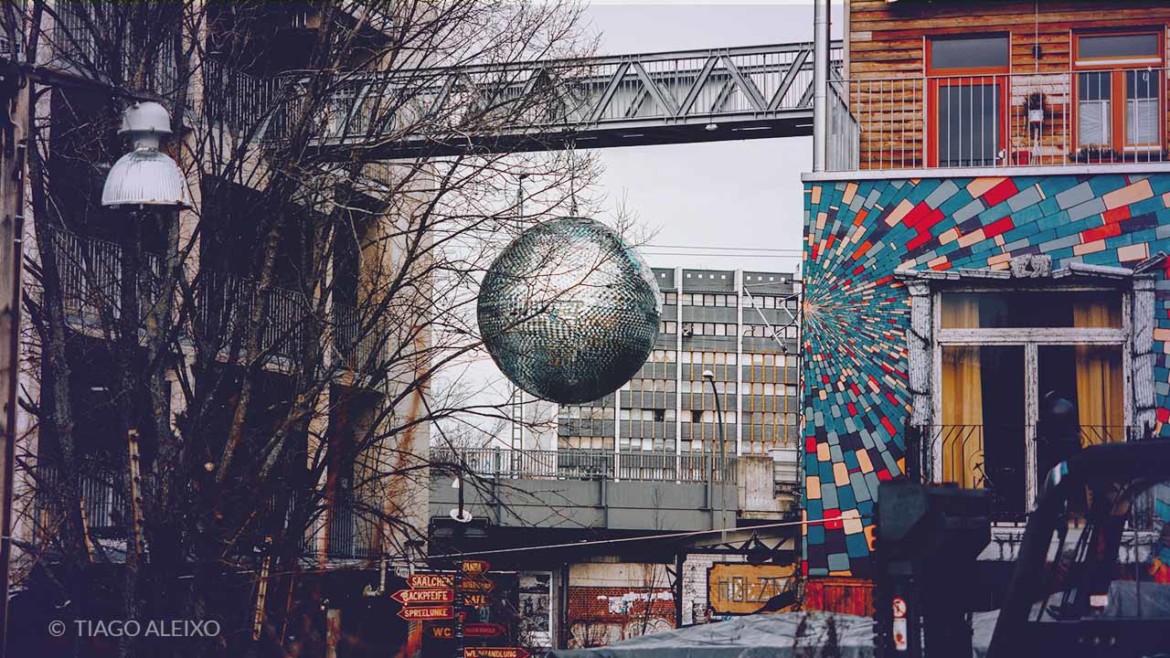
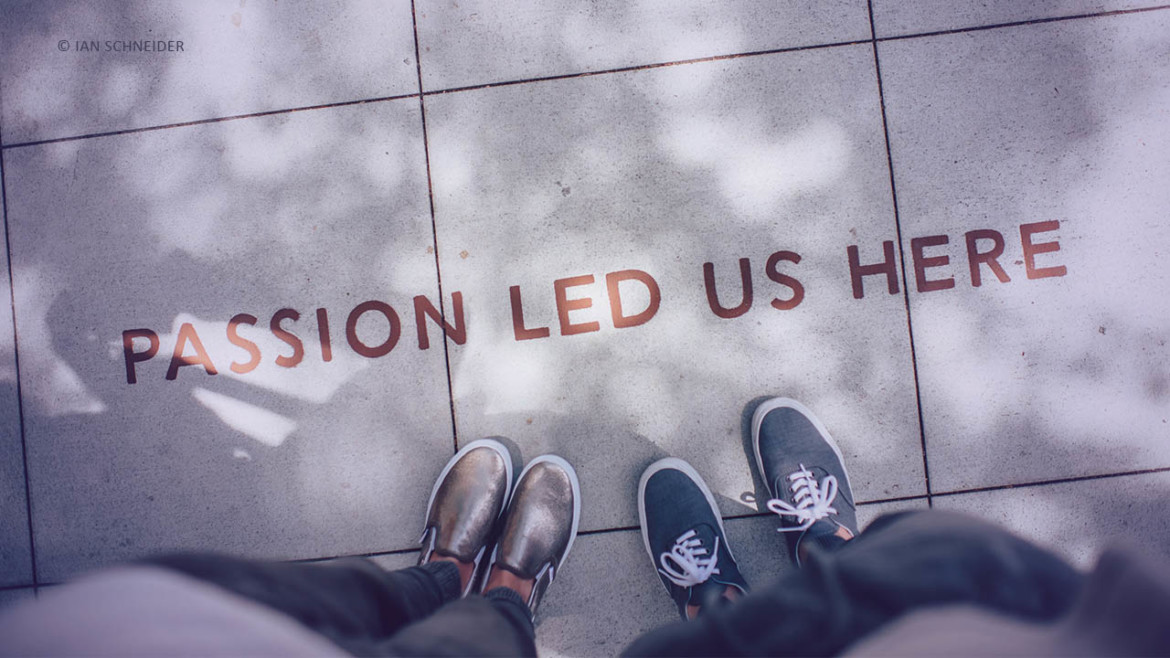

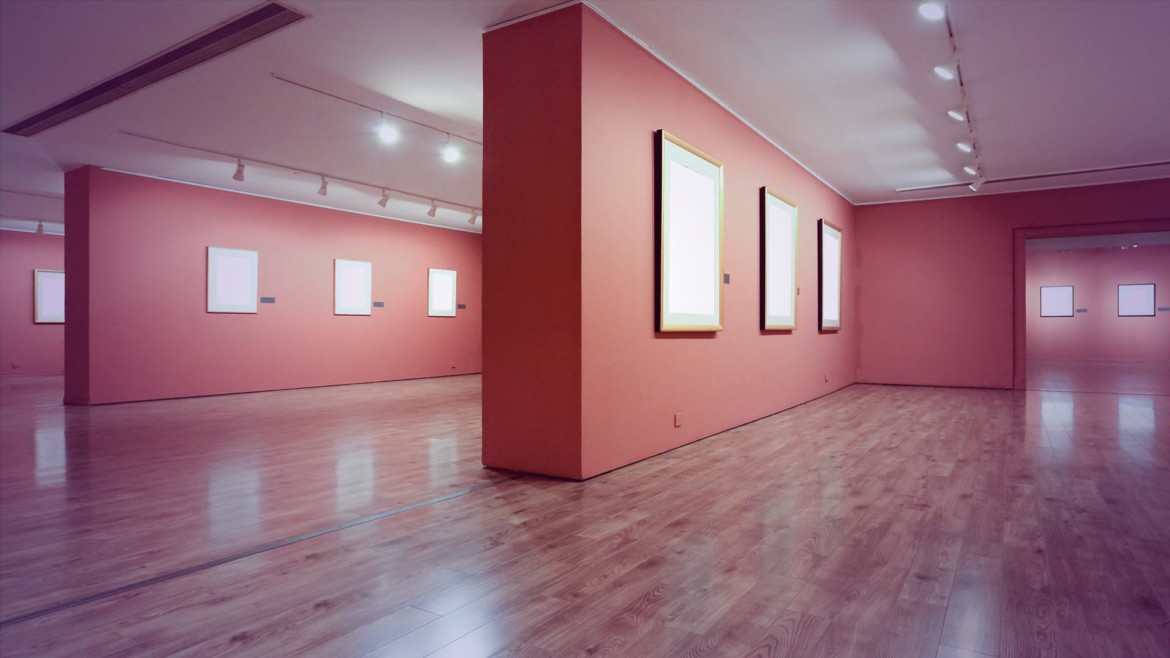

Leave a Reply